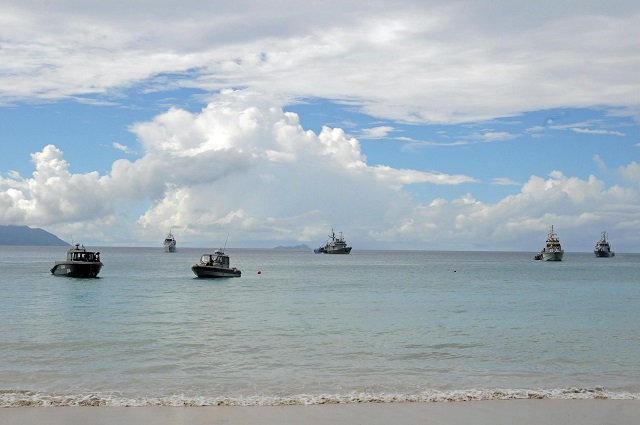One of the core challenges of governing the maritime in order to achieve the goals associated with maritime security and the blue economy is the coordination of the different governmental agencies implementing policies at sea and those societal actors that use the sea. Our recent meetings with practitioners in Kenya and Seychelles revealed the different approaches countries are taking in addressing this challenge.
Lessons from the Field
Posts of this category discuss observations gathered from empirical material, such as field visits, interviews or stakeholder consultations
Seychelles: Small Country – Big Lessons for Capacity Building
Famed for its idyllic beaches and pleasant tropical climate, and with a population of less than 100,000 permanent residents, Seychelles is perhaps the archetypal small island state. It is also an increasingly important actor in the maritime security of the Western Indian Ocean region. This is in large part due to two factors. First, its strategic location off the coast of East Africa, in proximity both to the troubled state of Somalia and to some of the world’s busiest and most important maritime trade routes. Second, the significance of the maritime sector to the Seychellois economy, through fishing, tourism and so on, and the willingness of the government to take on a regional leadership role in countering maritime insecurity. Seychelles for example has one of the most capable ocean-going coastguards in the region and has been one of the most active states in the region in the fight against Somali pirates, including as the leading centre for the prosecution of suspects.


